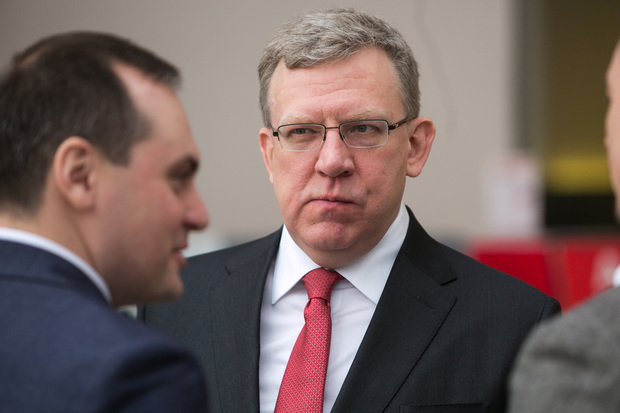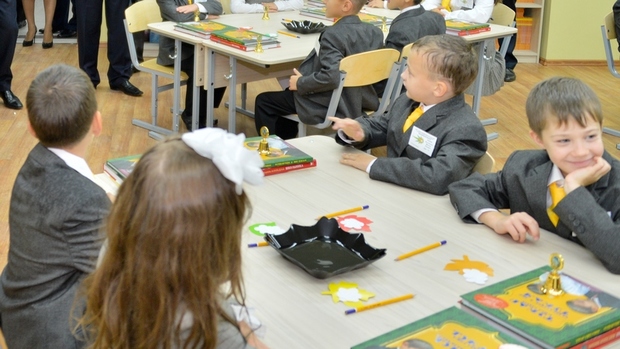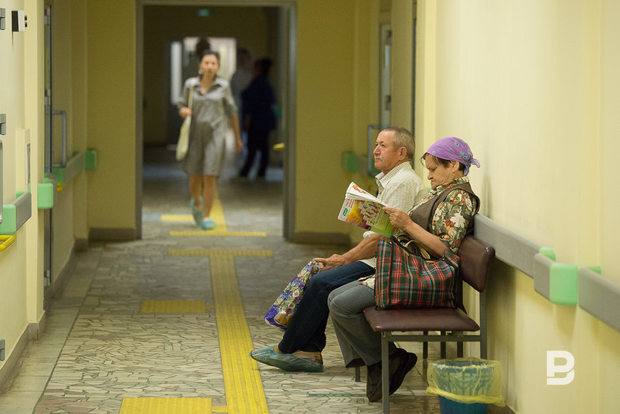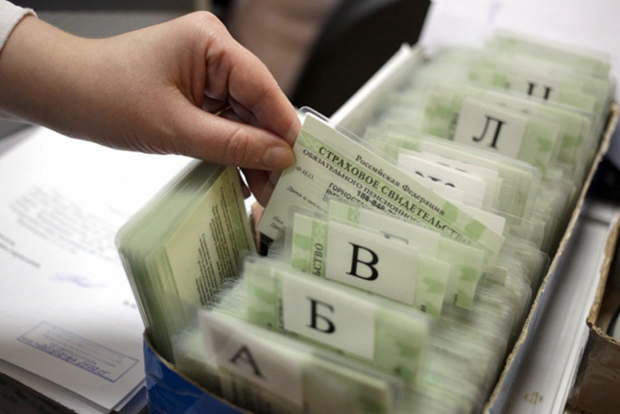''Kudrin noted that a country can develop if to invest in education''
An economist Dmitry Travin tells about the reforms proposed to Vladimir Putin by the team of the former minister of finance of Russia
Former Minister of Finance of Russia Aleksey Kudrin discloses some points of the development strategy of Russia by 2024 prepared under his guidance by the Centre for Strategic Development for Vladimir Putin. The article about them titled ''Budgetary manoeuvre and structured rebuilding of the Russian economy'' was published in the September issue of the magazine ''Economy issues''. Kudrin proposed to ramp up economic growth by increasing investments in human capital at the expense of other expenditure items, in particular for defence industry. It has been voiced quite specific proposals, for example, to introduce obligatory pre-school education for 5-year-old children, to increase the pension age and others. What ideas may find support of the Kremlin – Realnoe Vremya asked a Russian economist and journalist Dmitry Travin.
''Kudrin expressed his civiс position and resigned – it is a serious gesture''
The development strategy of Russia by 2024 states that the country incurs huge losses for defence and security and they should be cut. Do you agree with that?
I absolutely agree. I am not sure if it is realistic from the political point of view, but economically – it is correct.
The political experts are quite sceptical about strategies and reports providing structural and institutional reforms. They say that they write them with the only purpose – to periodically reassure the liberal part of the society. Does Kudrin's strategy belong to that kind of documents?

''Kudrin exists not to calm down the society. He could do that being minister, but he refused that line.'' Photo: Roman Khasaev
No, it is not right. First, I know the whole history of this process. Aleksey Kudrin is not a some random person. He is former minister of finance. In 2011, he declared about his civic position by saying that Russia would come to a dead end if it did not change at least the financial policy, and then he resigned, sacrificing his career. It is a serious gesture, few people do such things. I do not know anyone in today's Russia who would do that. So, apparently Kudrin exists not to calm down the society. He could do that being minister, but he refused that line. He really wanted to write a serious economic programme, he is moving in this direction, and some points are correct.
Anyway, if to consider from Kremlin's point of view, it is possible that the government is really discussing writing some programmes, but most likely not to distract attention. The Kremlin is just not ready to conduct serious reforms, they use the principle: if they are offered something good.
''In the authoritarian political system where there is no opportunity to increase income of population, the defence component is strengthened''
According to the data, the strategy pays much attention to the changes in education, in particular, the reform of primary school. Does it really may influence the economy of the country?
I am not a specialist in this field and not ready to comment on what types of schools are necessary. Perhaps, narrowly focused specialists worked on this strategy. But I think that it is not interesting or necessary to discuss this issue because Putin will not cut defence expenditures significantly in favour of education. He deliberately increased military expenditures. They were not so high for ages. It is clear that in the political system where there is no opportunity to increase income of population, the defence component is strengthened. It is difficult to reach a significant decrease of these expenditures, it is unreal, so in that case, specifics is not important.

''We just should remember that there are two strategies. The first one is to develop military activity – to join Crimea and so on. In that case we have what we are having now, that is, without development. There is also the other strategy, followed by the developed countries – to invest in education. '' Photo: prav.tatarstan.ru
But why is this theme given so much attention?
Kudrin has established, in order we as readers knew, that a country can develop if to invest money in education, if the level of qualification of people increases. But since it won't be done in reality we just should remember that there are two strategies. The first one is to develop military activity – to join Crimea and so on. In that case we have what we are having now, that is, without development. There is also the other strategy, followed by the developed countries – to invest in education.
''After the election Putin will increase the pension age anyway''
Some of the ideas Kudrin proposes may find support in the Kremlin. In particular, increasing the pension age. They already did it for state servants.
I think that after the election Putin will do it anyway. It is the question not connected with a particular programme – the Pension Fund just has no money. If we do not begin becoming extinct, which I hope not, the question will arise – what to do if they have no money for pensions? The first option is to raise the pension age. The second one is not to raise the age but to reduce the pension amount. In fact, it is what happening now – pension are depreciating against the inflation. The third option to redistribute expenditures. To cut defence expenditures and to subsidise the pension fund from the state budget – to spend on old people those money that won't be allocated for defence or education. This option is good if it would be possible to cut expenditures for defence, but to take money from education for pensioners – it is a bad option. So, all three options have drawbacks – decide yourself what is worse. I think that in that situation Kudrin, Putin and Medvedev will agree that it is easier to increase the pension age.

''In healthcare, to put emphasis on prevention, to equip hospitals, to implement programmes of maintenance of chronically ailing people. According to the developers of the document, this will increase life expectancy from 72 to 76.'' Photo: Maksim Platonov
Education and healthcare instead of defence: what Kudrin proposes
The strategy by Kudrin is intended for 6-year term of a new president of Russia, which will begin in 2018. The full version of the document is published in the article ''Budgetary manoeuvre and structured rebuilding of the Russian economy'' in the September issue of the magazine ''Economy issues''. The key points are published in Vedomosti. According to Kudrin, by 2035 the state expenses will surpass revenues so that stability of the budget system will be at risk. Oil and gas production dynamics will decline, demand for public services and state investments will increase, population will get older, consequently more and more money will be required for pensions and medicine. If doesn't change anything, GDP even in the best times will not grow more than by 2,5%, and by 2035 it will increase only by 50% compared to 2016.
The authors of the strategy propose to redistribute expenditures in favour of those that will accelerate the economy development and hence revenues. That is, it is necessary to invest not in defence but human capital development. In education to reform the primary school by introducing pre-school education for 5-6-year-old children, to introduce field-specific education for senior high school students, to establish a network of national research universities, to open no less than 300 vocational educational institutions of high technology and no less than 600 multispecialty vocational educational institutions.
In healthcare, to put emphasis on prevention, to equip hospitals, to implement programmes of maintenance of chronically ailing people. According to the developers of the document, this will increase life expectancy from 72 to 76, increase work-force size and hence production rate.

''Another key suggestion is to reform the system of social support: to distribute money on a one-time basis, to increase the pension age and to develop the funded system of voluntary pension insurance.'' Photo: kgzt.ru
The Centre for Strategic Development offers to reduce non-production expenses, mainly on security and defence. To cut employers in law enforcement system by a quarter. To cut expenses for defence, which have increased from 2,6% to 4,4% of GDP in the last ten years, to 2,8%.
Another key suggestion is to reform the system of social support: to distribute money on a one-time basis, to increase the pension age and to develop the funded system of voluntary pension insurance.